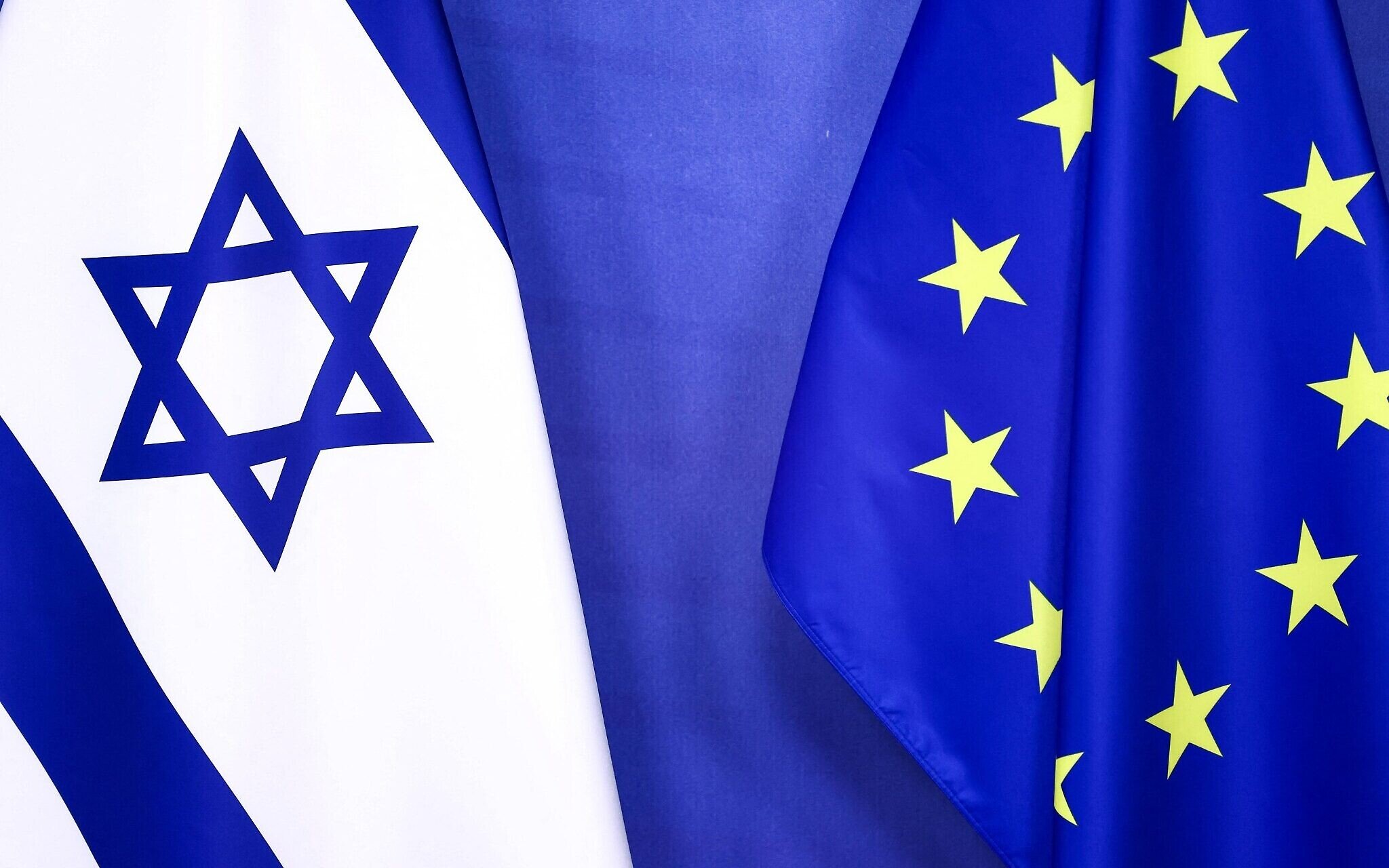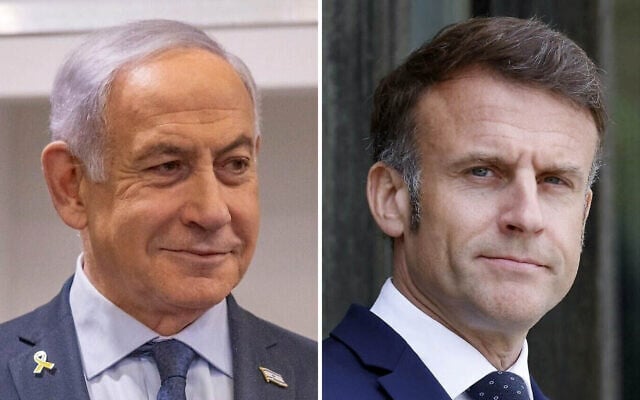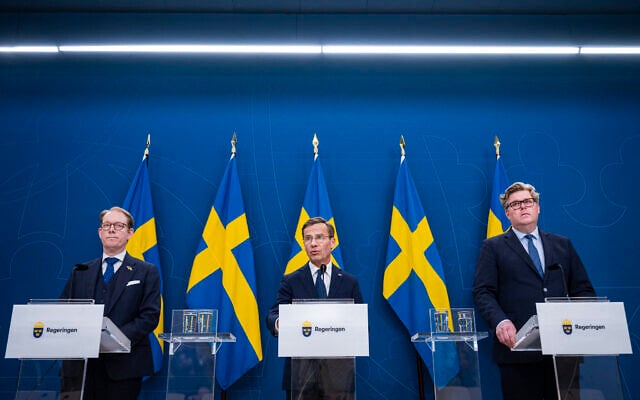



Israeli government ministers have reportedly warned key European countries that any unilateral recognition of a Palestinian state could prompt Israel to take unilateral measures as well, potentially including the annexation of parts of the West Bank, according to Monday reports.
Strategic Affairs Minister Ron Dermer personally warned French Foreign Minister Jean-Noel Barrot and British Foreign Secretary David Lammy that Israel could respond to recognition of a Palestinian state by annexing Area C of the West Bank and legalizing unauthorized outposts, the Haaretz outlet reported, citing a foreign diplomat familiar with the matter.
A separate report by Israel Hayom said Foreign Minister Gideon Sa’ar conveyed a similar message to counterparts in the UK, France, and other nations, warning that steps against Israel would be met with Israeli actions such as extending sovereignty to West Bank settlements and parts of the Jordan Valley.
“Unilateral moves against Israel will be met with unilateral moves by Israel,” Sa’ar reportedly said.
The warnings came ahead of a French- and Saudi-led summit set to take place in New York next month, where French President Emmanuel Macron is expected to promote coordinated recognition of Palestinian statehood.
While the US has said it will not participate, other European countries are still deliberating.
Some, including Germany, Hungary, and the Czech Republic, have reportedly voiced opposition to unilateral recognition. Others, such as Spain — which recognized a Palestinian state last year — and Malta — which has said it will do so at the summit — are expected to say they support countries announcing unilateral recognition.
After Macron said last month that France was considering recognition of Palestinian statehood, Prime Minister Benjamin Netanyahu said such a move would be a “huge prize for terror.”
France’s recognition of Palestinian statehood would mark a major policy shift for Paris and risk antagonizing Israel, which insists such moves by foreign states are premature.

France would be the most significant European power to recognize a Palestinian state, a move the United States has also long resisted.
Israel has argued that unilateral recognition of a Palestinian state now will be viewed as a reward for Hamas’s October 7 onslaught. Israel’s military campaign to rid the Gaza Strip of Hamas has sparked worldwide sympathy for Palestinians and galvanized support for recognizing statehood in some capitals.

The threats come amid mounting European opposition to Israel’s actions in Gaza.
On Monday, Sweden announced that it would summon the Israeli ambassador to protest against Israel’s refusal to freely allow aid into Gaza.
“We do not support what the Israeli government is currently doing by denying access to Gaza. Absolutely not,” Prime Minister Ulf Kristersson said, according to the TT news agency.
A spokesperson for Mr. Kristersson confirmed this summons to AFP.
“We have been very clear about this, both nationally and with many other European countries. The pressure is now increasing — there is no doubt about it. And for very good reasons,” the Swedish leader added.

Israel’s block on aid since early March, which has caused severe shortages of food and medicine, was partially lifted last week in the face of mounting international indignation.
Since the blockade was lifted, hundreds of aid trucks have entered the Strip, mostly containing food, but UN officials and local aid workers have said that Israel’s renewed military action in the Strip makes effective distribution near impossible.
Kristersson also said he was in favor of a reassessment of the association agreement between the European Union and Israel. The bloc has ordered a review of it to see if Israel is respecting human rights and democratic principles.
“This requires a consensus, and we are not there yet. But many of us are working in that direction,” he said. “The current actions of the Israeli government are pushing more EU countries to impose stricter demands on Israel.”
According to French diplomats, 17 of the 27 EU member states have so far said they back a review of the agreement, with Germany being the most notable abstention.

